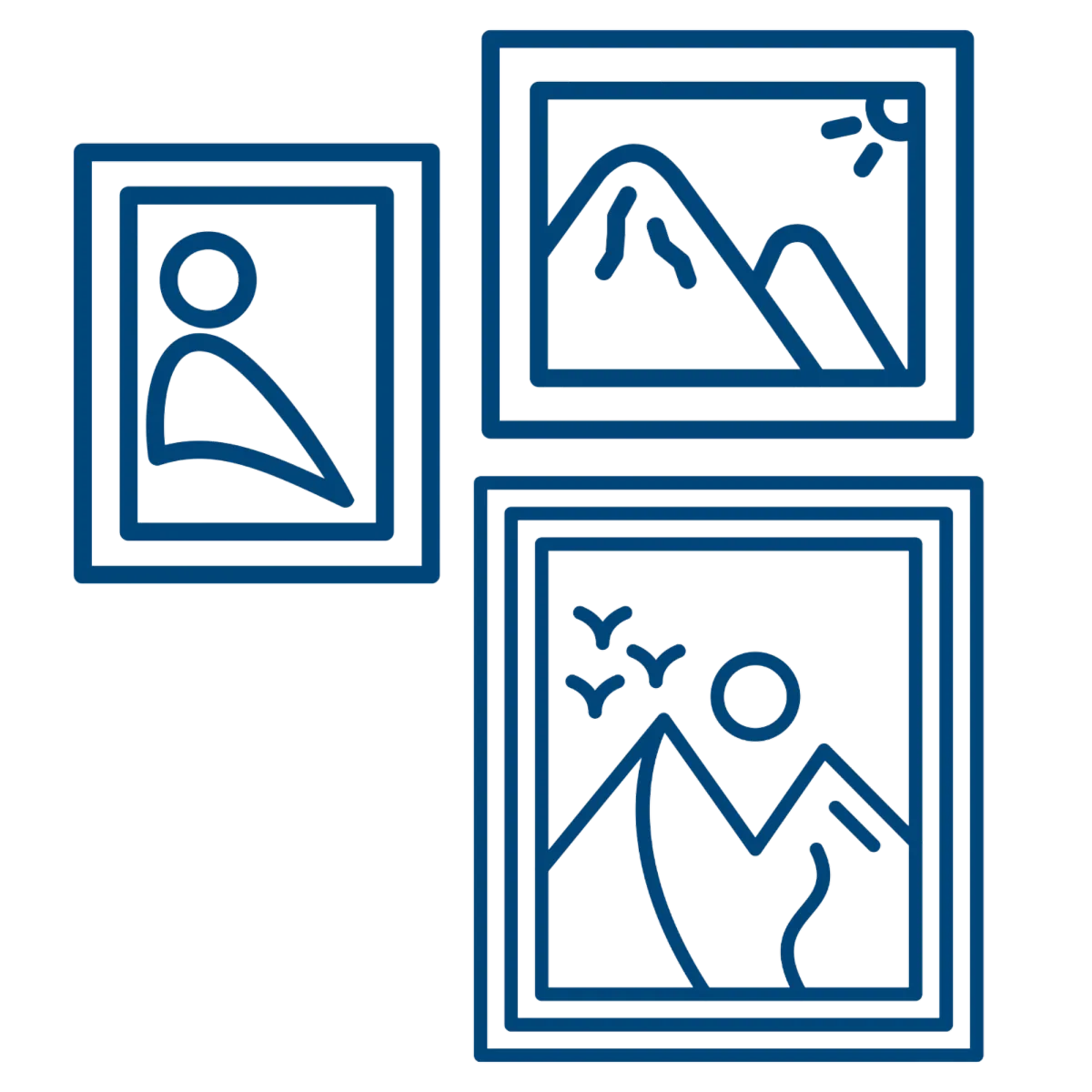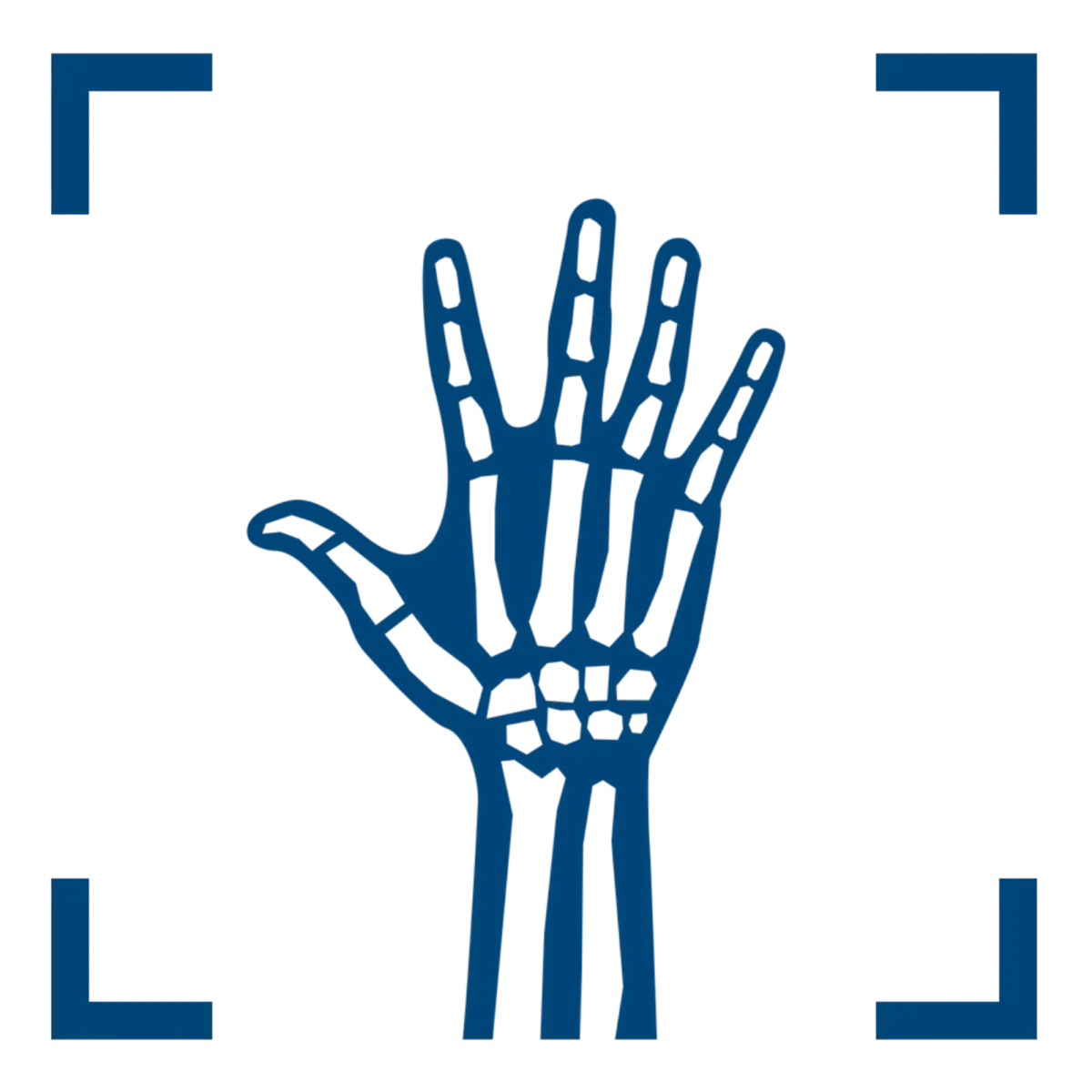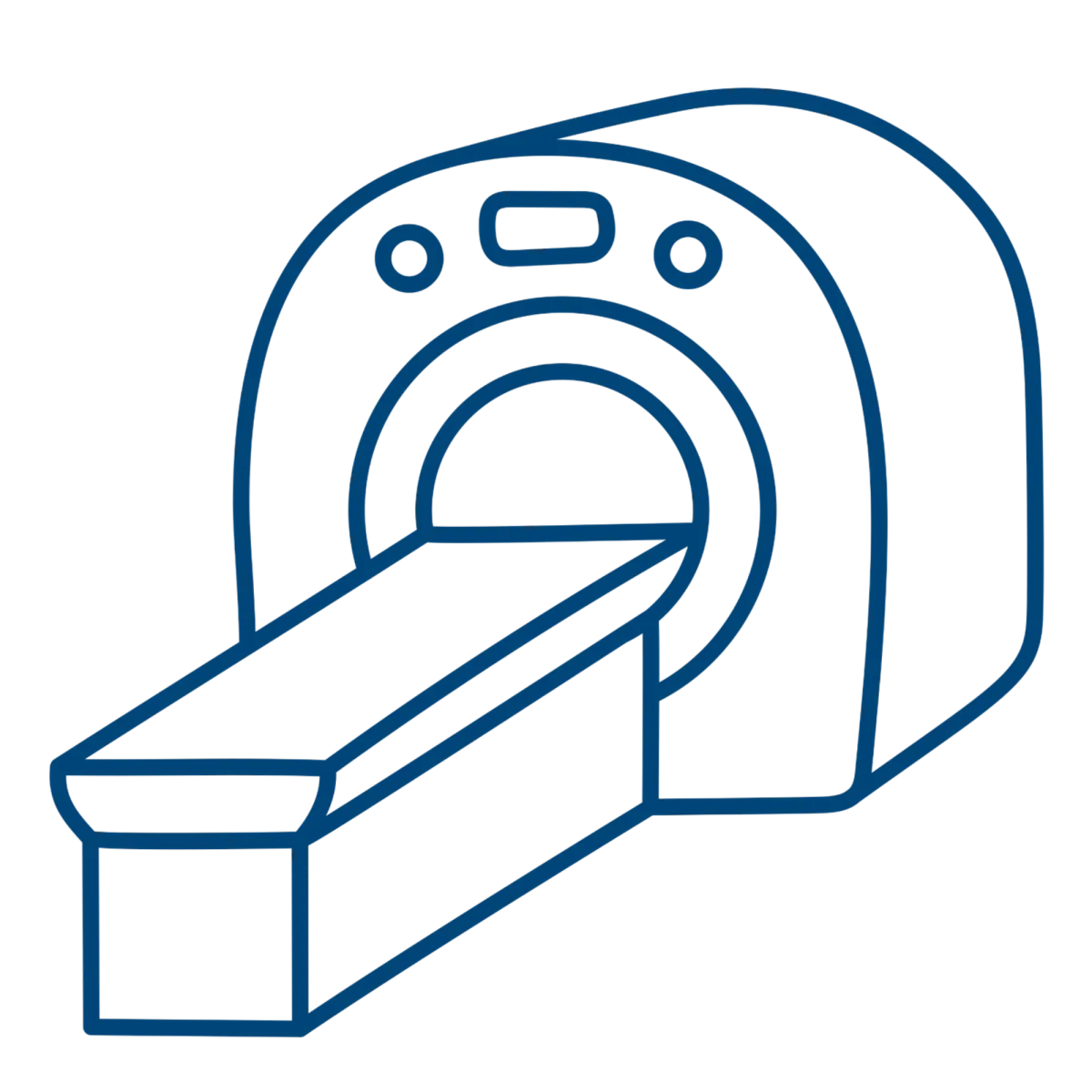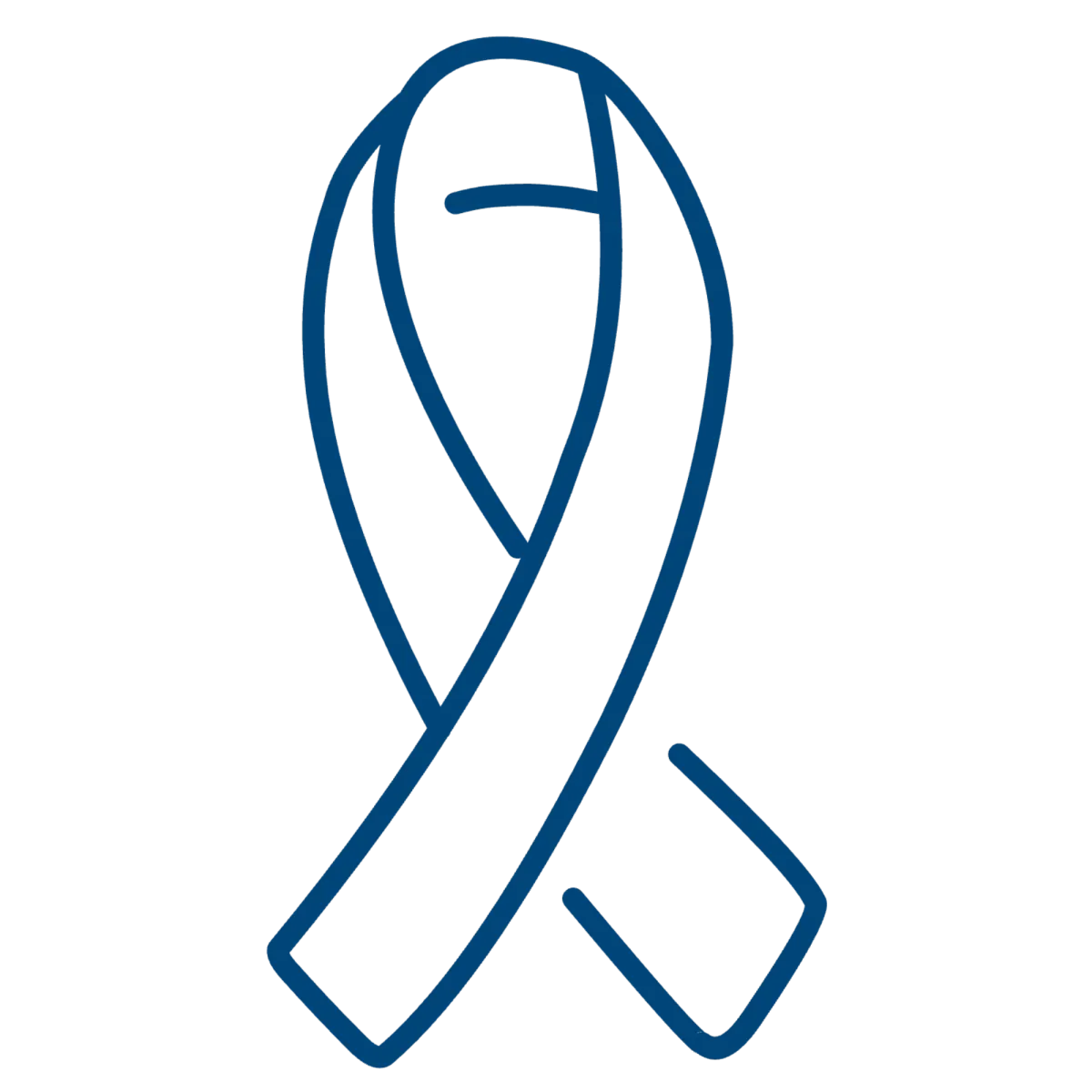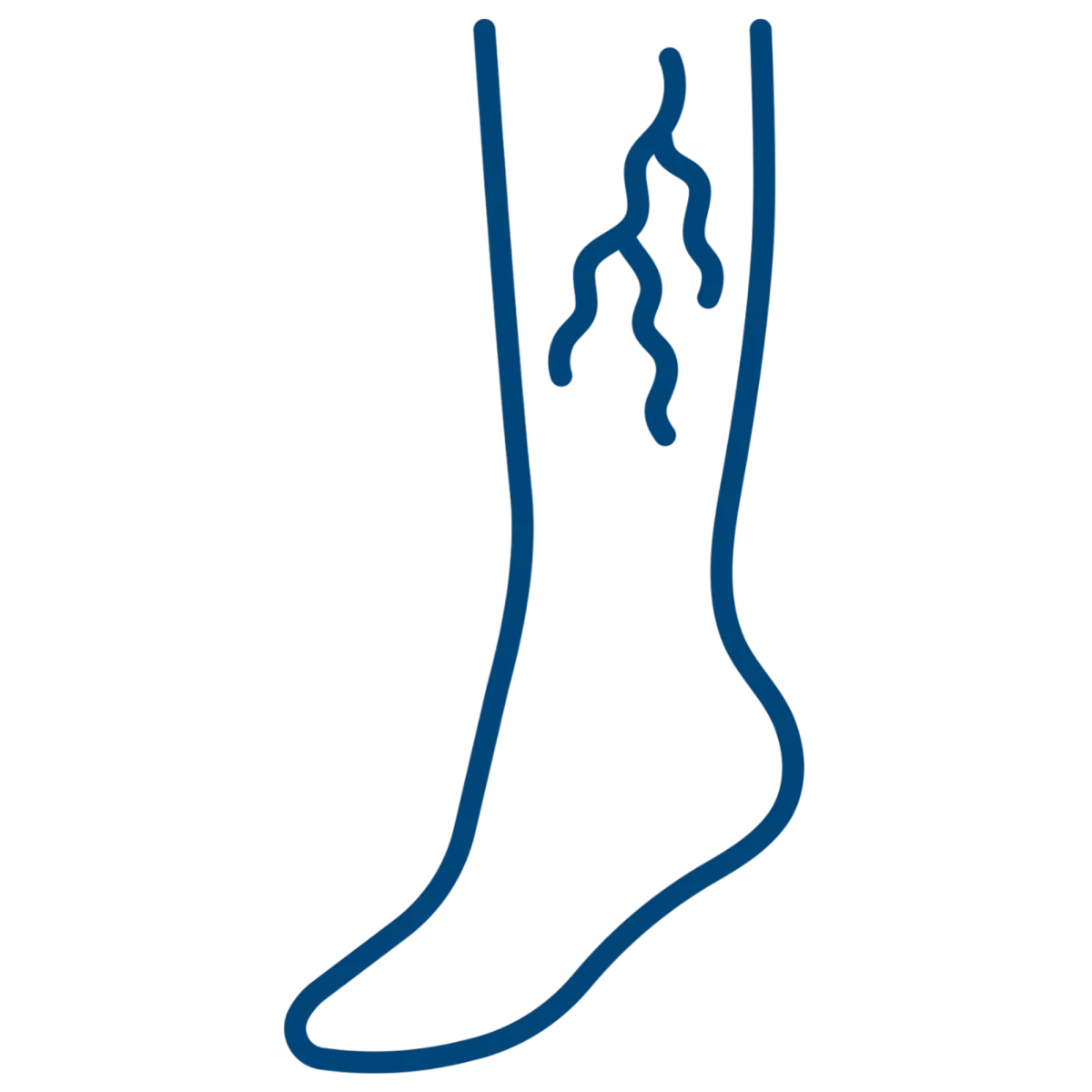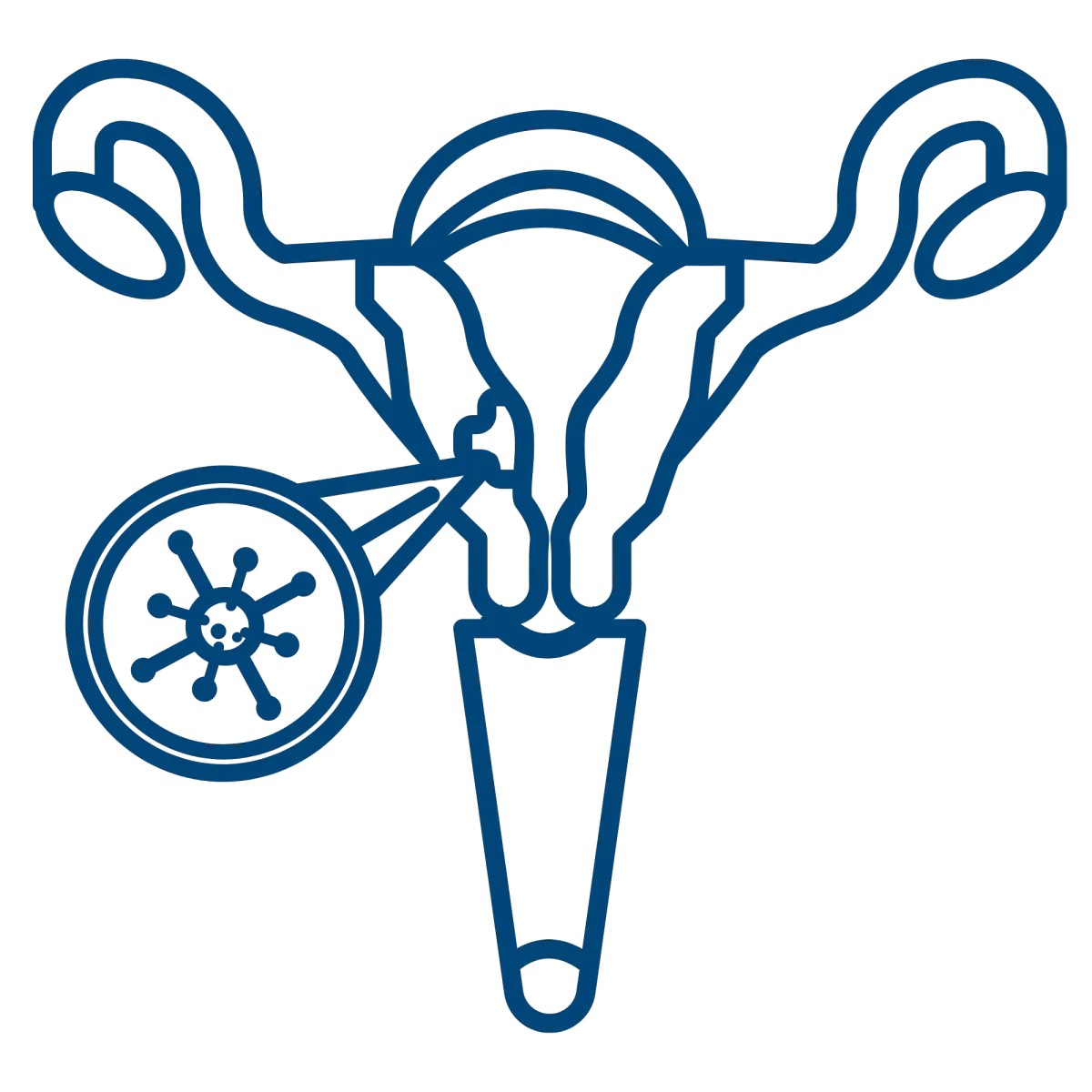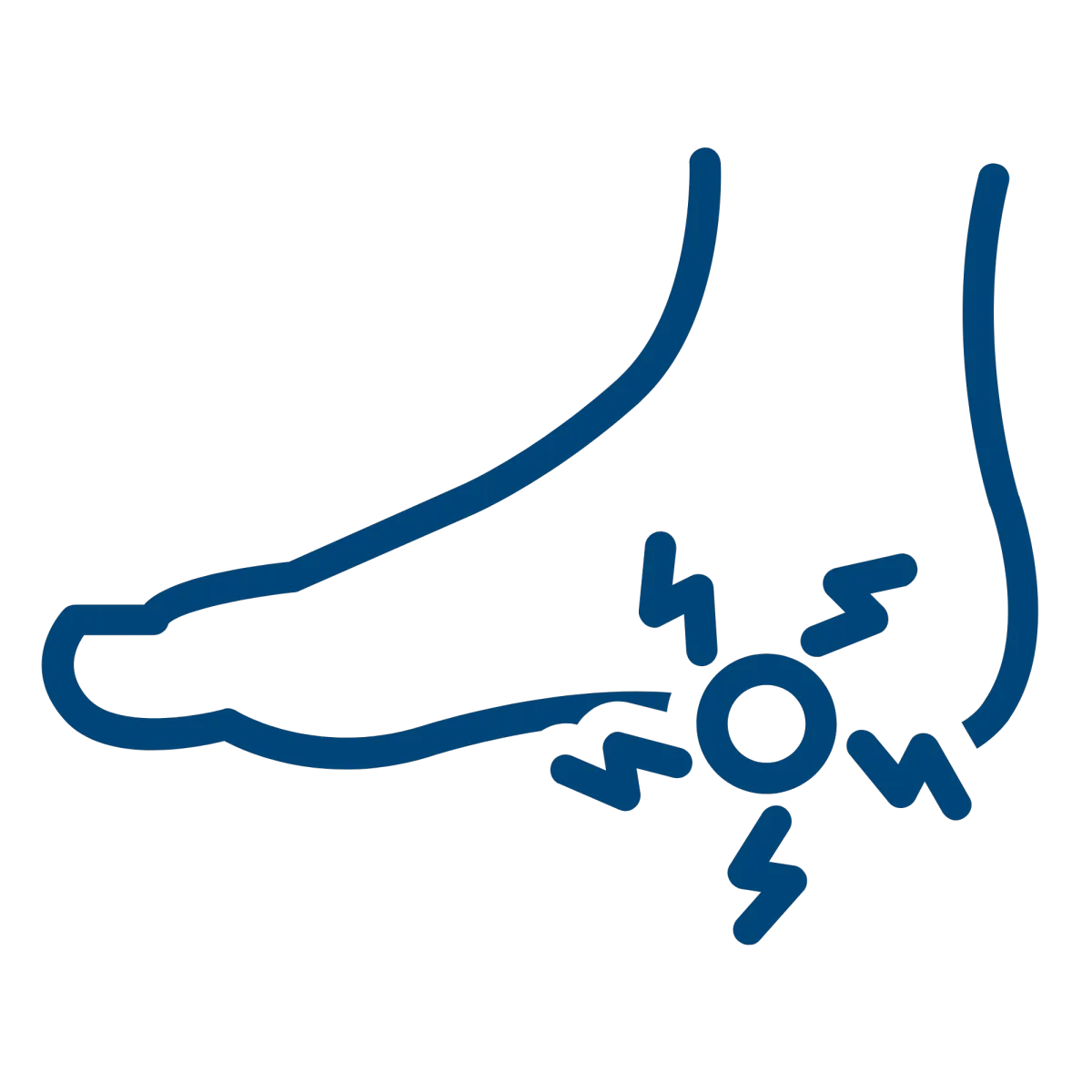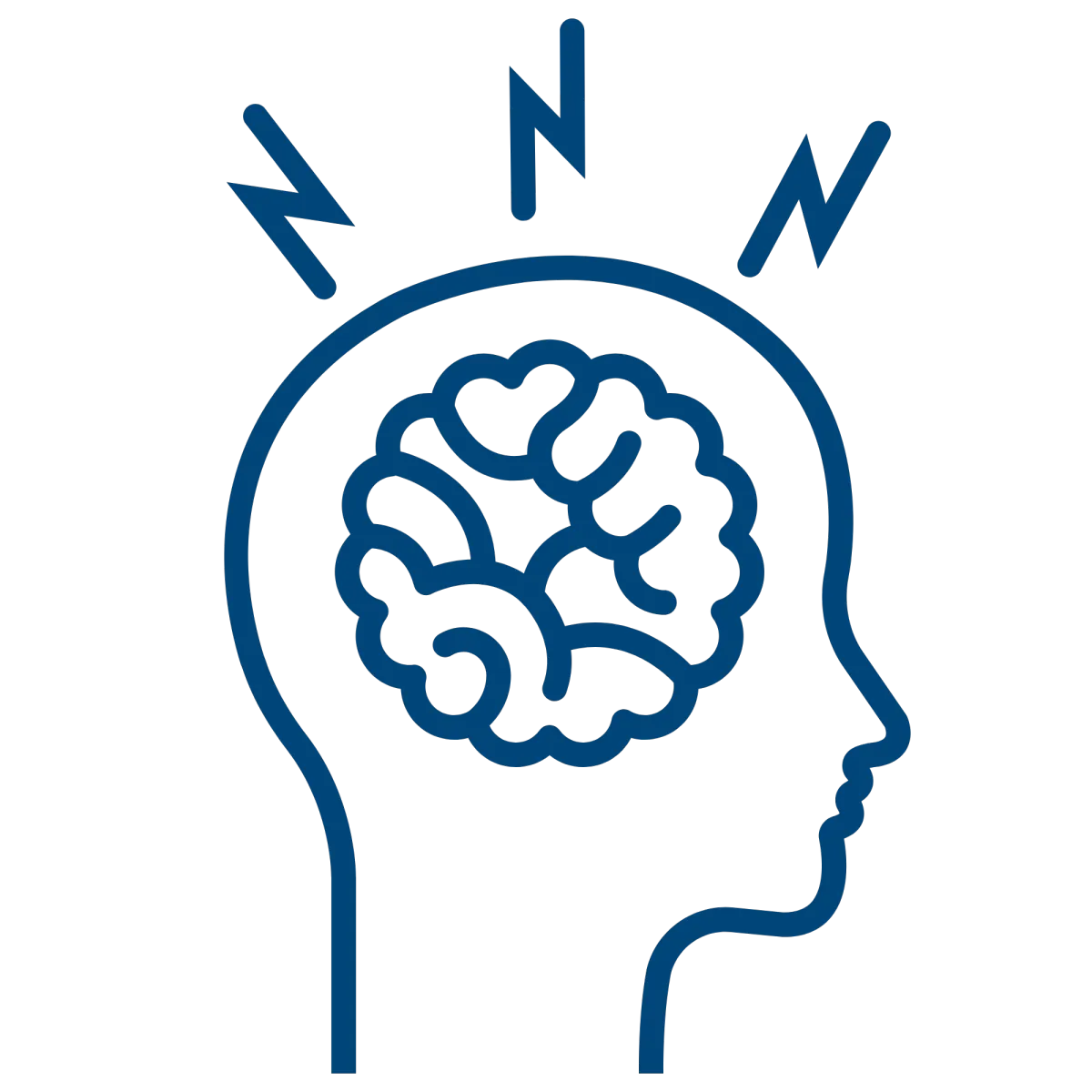CT Scan
A CT scan (computed tomography) is an imaging technique that combines X-ray technology with computer processing to create detailed cross-sectional images of the body. During the procedure, you lie on a table that slides into a cylindrical machine, which takes multiple X-ray images from different angles while you remain still and often hold your breath. The process is typically quick, but may require contrast dye to enhance the images, which is usually administered via injection or orally. If contrast is ordered to prepare, you may need to avoid eating or drinking for a few hours before the scan and inform the technologist if you have allergies or kidney issues. Wear comfortable clothing and remove any metal objects that could interfere with the scan.
World-Class Experts
We are the oldest and largest private radiology group in the Omaha/Council Bluffs area, offering patients world-class expertise in the areas of:
- Abdominal imaging
- Breast Imaging
- Musculoskeletal Imaging
- Neuroimaging
- Nuclear medicine/molecular medicine
- Pediatrics
- Trauma
- Vascular and interventional radiology
Reliable Results
The accuracy of your diagnosis largely hinges on three things:
1) the technology of your diagnostic machines,
2) the experience of the person performing your tests, and
3) the specialization and experience of the radiologist who reads your reports
We have you covered with our top-of-the line equipment and the most experienced radiology team in the area.
You're in good hands!
What is a CT?
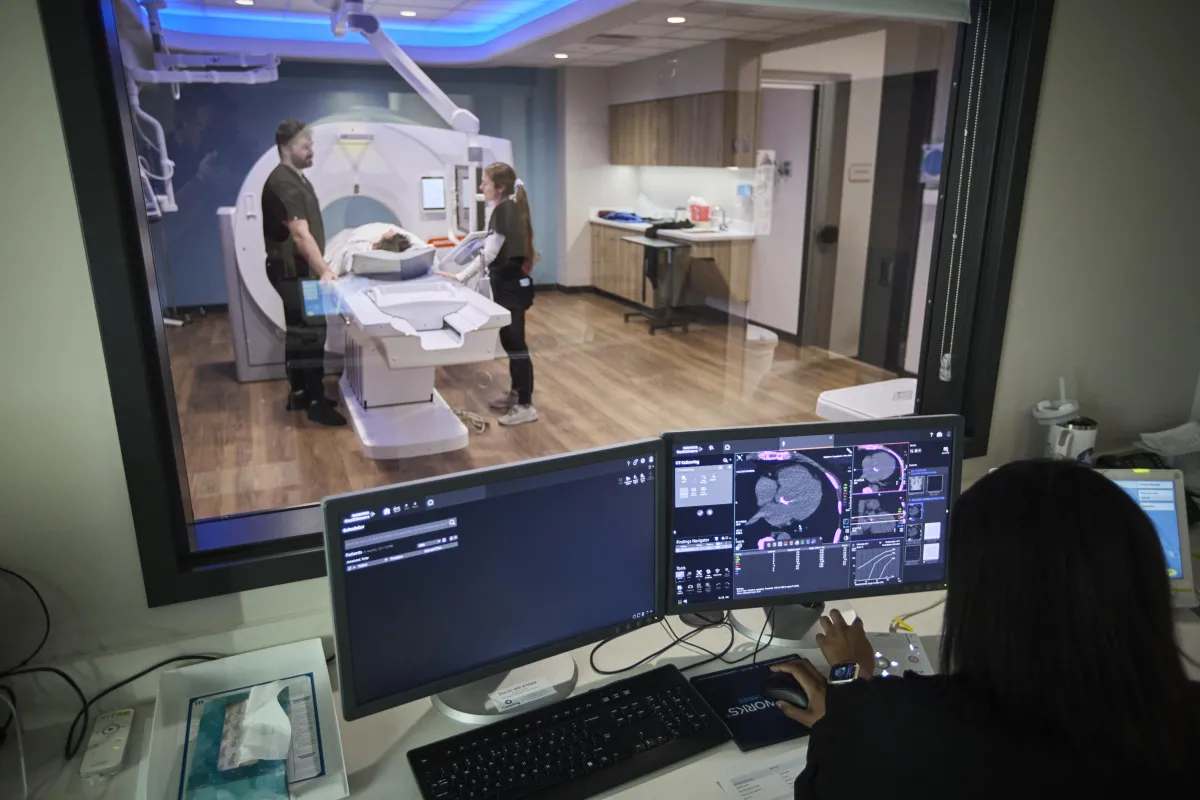
A CT scan, or computed tomography scan, is a diagnostic imaging technique that employs X-rays and computer processing to produce detailed cross-sectional images of the body. It involves capturing multiple X-ray images from various angles and then combining them to create a comprehensive, three-dimensional view of internal structures. This advanced imaging method assists healthcare professionals in diagnosing conditions, planning treatments, and monitoring diseases with greater precision. The procedure is generally swift and non-invasive, requiring the patient to remain still on a table that passes through a large machine.
What should you know about a CT?
The scan involves lying on a table that moves through a large machine while X-ray images are taken from multiple angles. You may need to hold still and sometimes hold your breath briefly
In some cases, a contrast dye may be used to enhance the images. This can be administered orally, through an injection, or both depending on the type of scan.
While CT scans involve exposure to a small amount of radiation, the benefits of accurate diagnosis generally outweigh the risks.
Ensure you follow any specific instructions given by your healthcare provider to ensure the best results and minimize any potential risks.
Important things to know about CTs
The scan involves lying on a table that moves through a large machine while X-ray images are taken from multiple angles. You may need to hold still and sometimes hold your breath briefly.
In some cases, a contrast dye may be used to enhance the images. This can be administered orally, through an injection, or both depending on the type of scan.
While CT scans involve exposure to a small amount of radiation, the benefits of accurate diagnosis generally outweigh the risks. Ensure you follow any specific instructions given by your healthcare provider to ensure the best results and minimize any potential risks.
Frequently Asked Questions
Will I feel anything during the scan?
CT Scans cause no pain, just as a routine X-ray is painless. If intravenous contrast is used, you may feel warm and flush. However, these sensations normally disappear after a few minutes.
Can a significant other/friend stay in the room with me?
No. CT scanners use ionizing radiation and only the patient requiring the scan is permitted in the room.
Are there any instructions I need to follow after the scan?
If contrast was not used, there are no instructions and you may continue with your normal activities. If intravenous or oral contrast is used, you will be instructed to drink water for the rest of the day to help eliminate the contrast.
How to prepare for your CT?
Your healthcare provider will give you specific instructions based on the type of CT scan you’re having. These instructions may include fasting for a few hours before the scan if contrast material is used. Notify your healthcare provider if you have allergies, particularly to contrast dye, or any health conditions such as kidney issues that might affect the scan or contrast use. If contrast dye is required, it may be administered orally and/or through intravenous (IV) injection. Wear loose, comfortable clothing and remove any metal items, such as jewelry, glasses, and hairpins, which could interfere with the imaging. Lockers will be provided for the safekeeping of your belongings. Follow any instructions regarding the contrast material and inform the technologist if you have any concerns or previous reactions.
Varicose
Veins
Pelvic
Pain
Non Healing Wounds
Plantar
Fasciitis
Uterine
Fibroids
Benign Prostatic Hyperplasia
Services
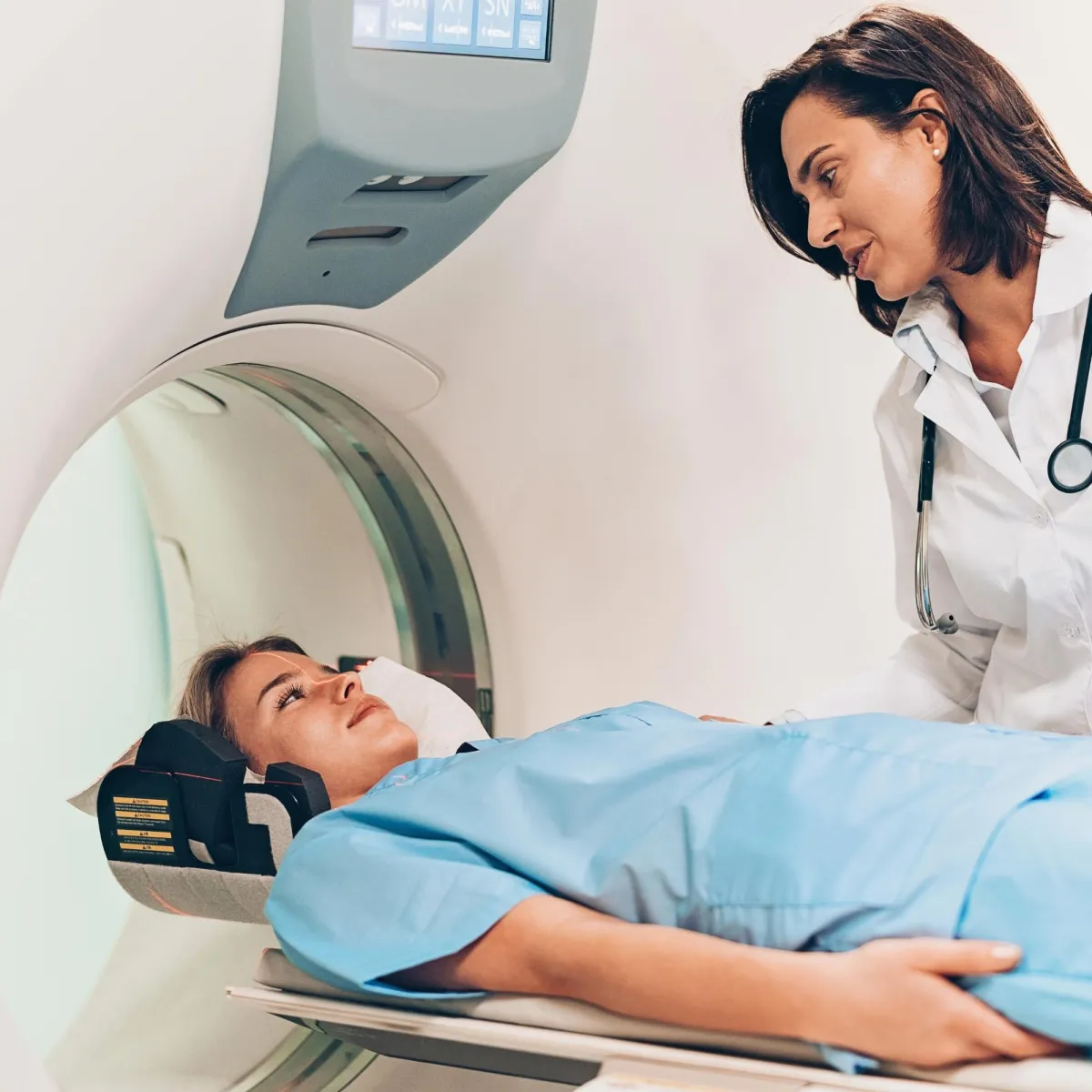
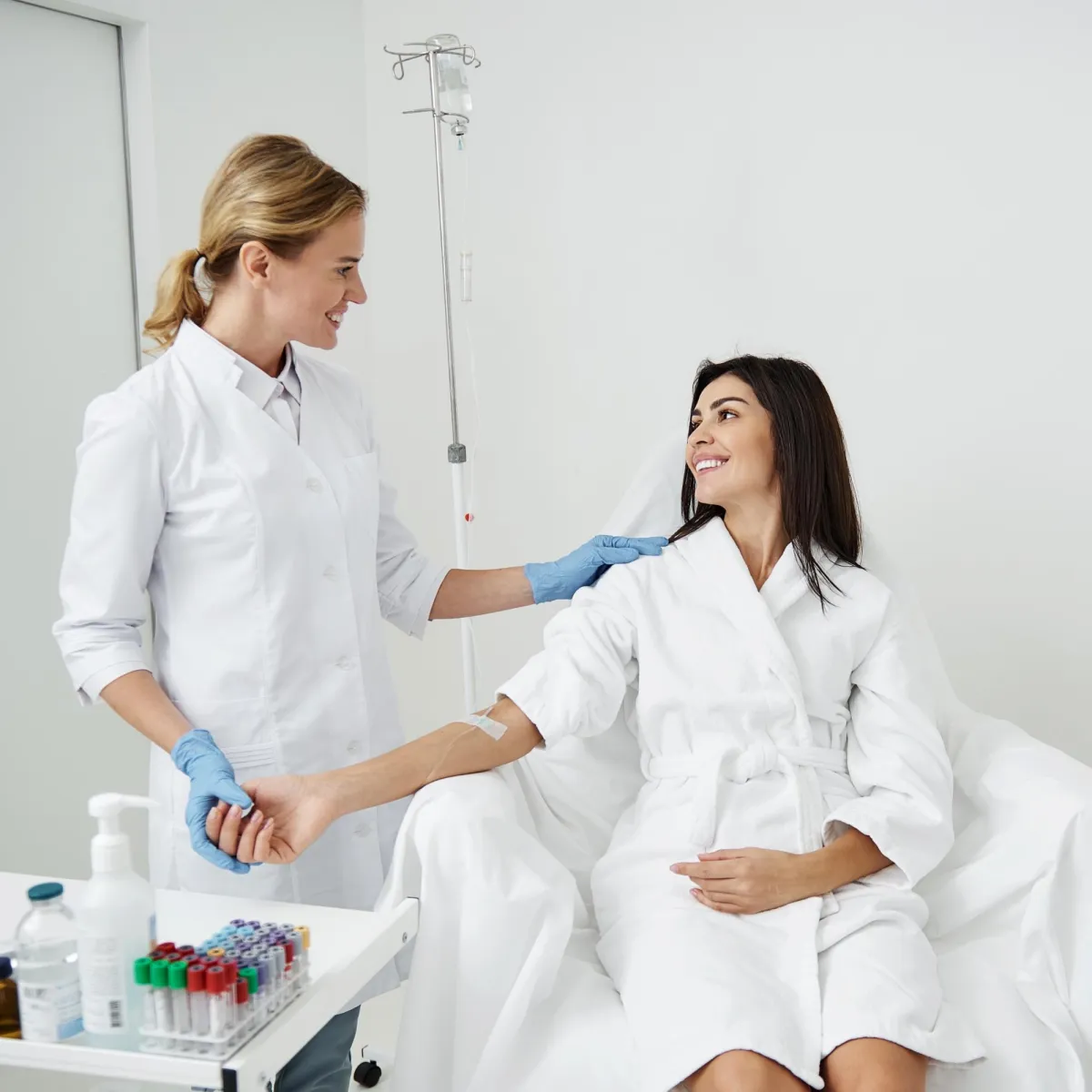
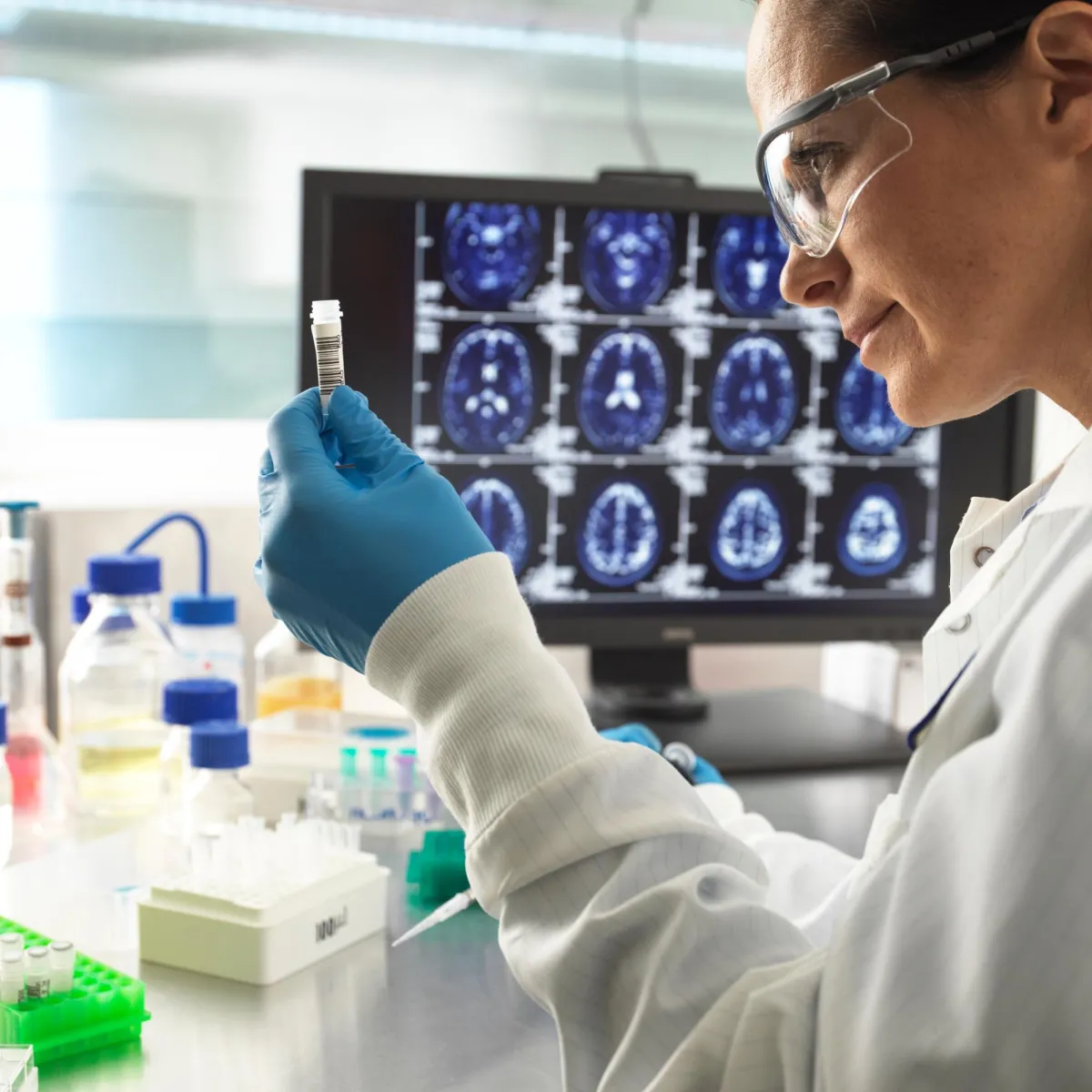
CT Scan
Minimally Invasive Therapies
Molecular Medicine
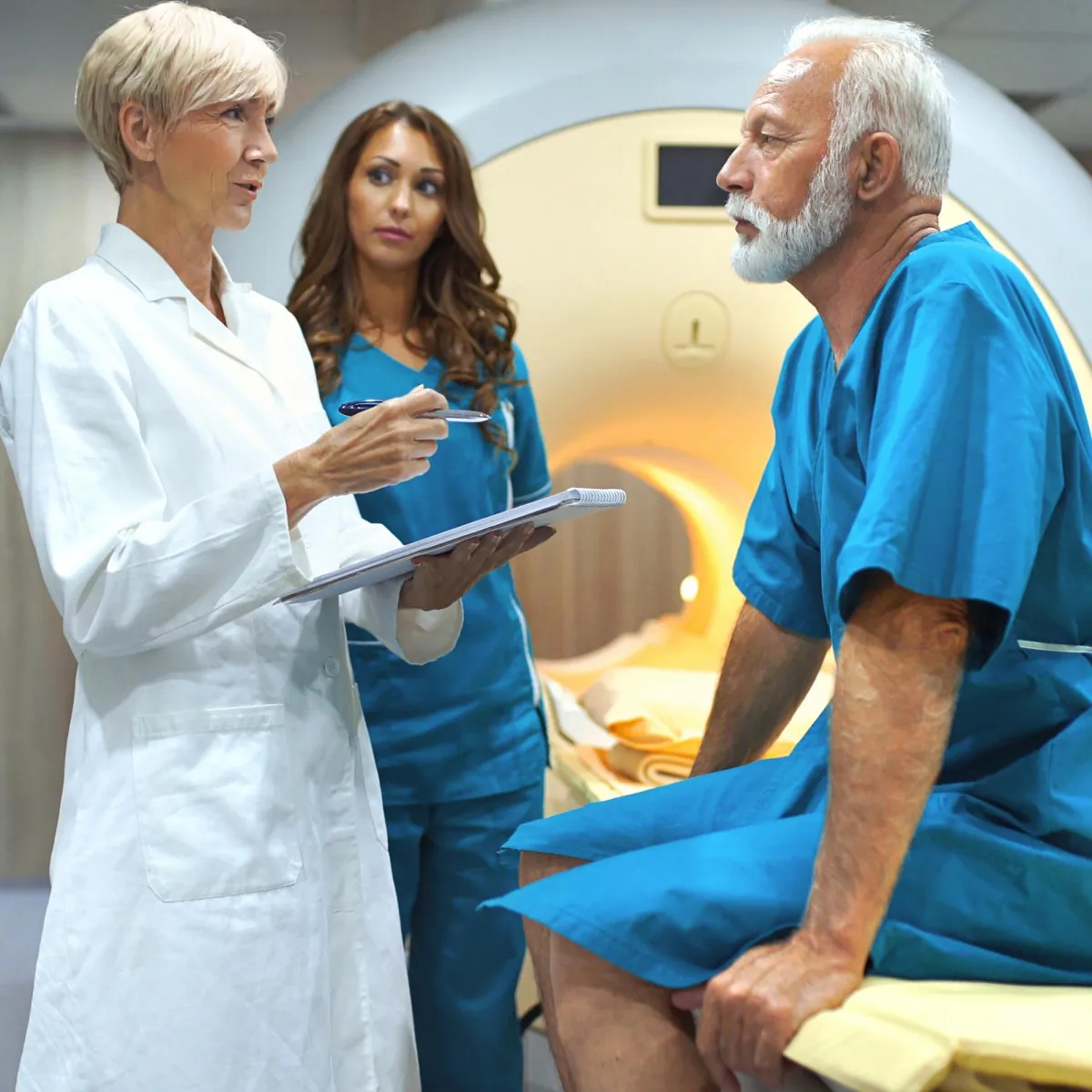
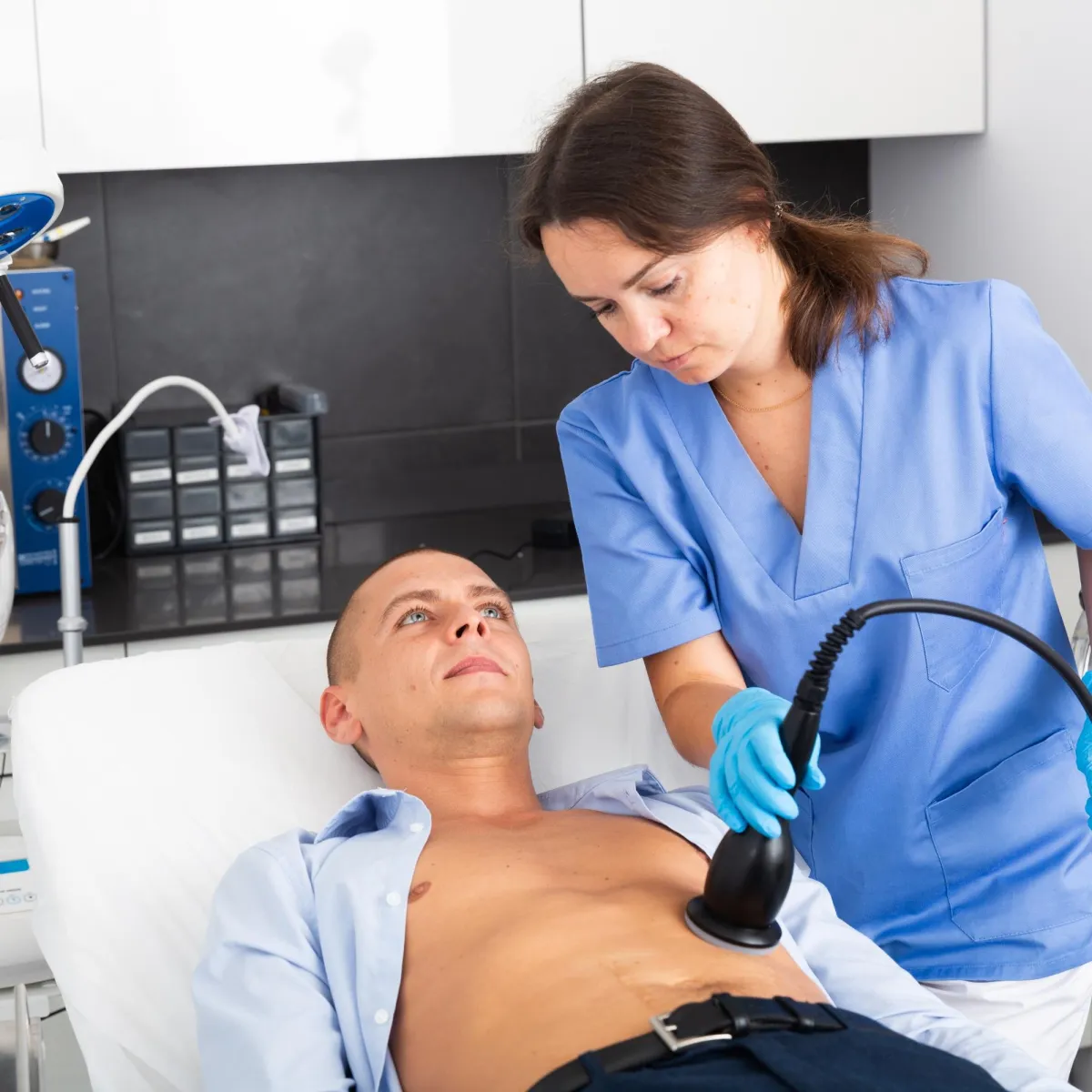
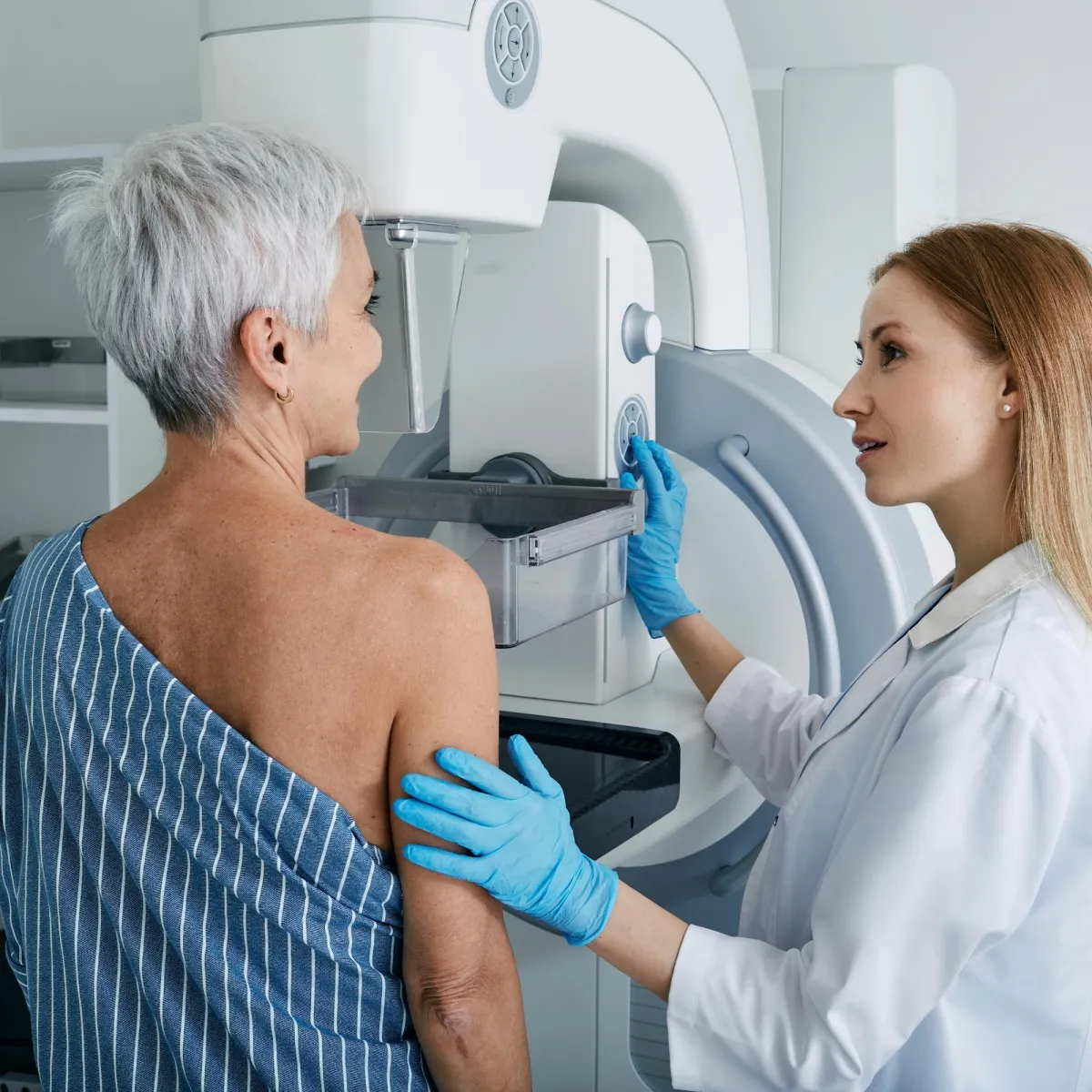
MRI
Ultrasound
Women's Imaging
M-F: 8:00am-5:00pm
Extended Hours Available
Upon Request



